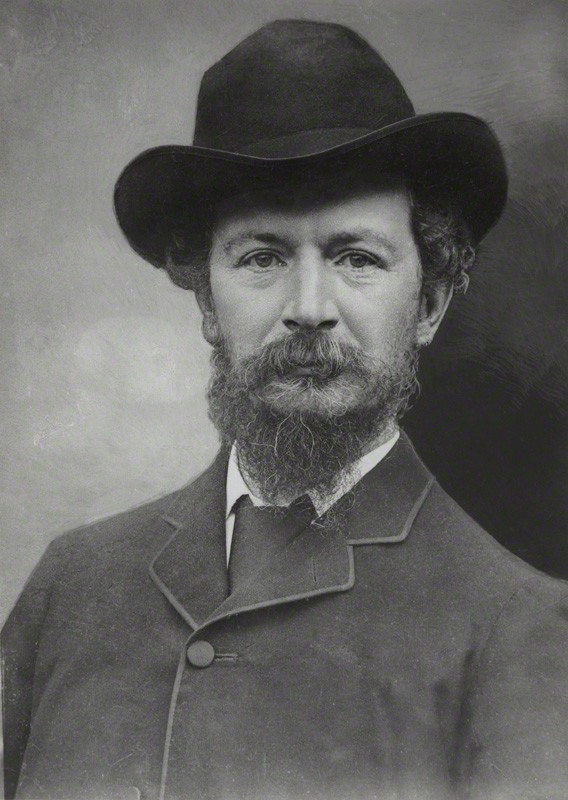A month or twain to live on honeycomb
Is pleasant; but one tires of scented time,
Cold sweet recurrence of acceptance rhyme,
And that strong purple under juice and foam
Where the wine’s heart has burst;
Nor feel the latter kisses like the first.
Once yet, this poor one time; I will not pray
Even to change the bitterness of it,
The bitter taste ensuing on the sweet,
To make your tears fall where your soft hair lay
All blurred and heavy in some perfumed wise
Over my face and eyes.
And yet who knows what end the scythed wheat
Makes of its foolish poppies’ mouths of red?
These were not sown, these are not harvested,
They grow a month and are cast under feet
And none has care thereof,
As none has care of a divided love.
I know each shadow of your lips by rote,
Each change of love in eyelids and eyebrows;
The fashion of fair temples tremulous
With tender blood, and colour of your throat;
I know not how love is gone out of this,
Seeing that all was his.
Love’s likeness there endures upon all these:
But out of these one shall not gather love.
Day hath not strength nor the night shade enough
To make love whole and fill his lips with ease,
As some bee-builded cell
Feels at filled lips the heavy honey swell.
I know not how this last month leaves your hair
Less full of purple colour and hid spice,
And that luxurious trouble of closed eyes
Is mixed with meaner shadow and waste care;
And love, kissed out by pleasure, seems not yet
Worth patience to regret.
This poem is in the public domain. Published in Poem-a-Day on June 15, 2024, by the Academy of American Poets.
“Before Parting” is published in The Poems of Algernon Charles Swinburne, Vol. 1: Poems and Ballads (Chatto & Windus, 1912). Poems and Ballads was originally published by Edward Moxon in 1866, Swinburne’s only known inaugural poetry collection that contained a theme of homoeroticism. Swinburne dedicated an edition published in 1904 to the Victorian poet and critic Theodore Watts-Dunton. In his “Dedicatory Epistle” addressed to him, Swinburne wrote, “It is now thirty-six years since my first volume of miscellaneous verse, lyrical and dramatic and elegiac and generally heterogeneous, had as quaint a reception and as singular a fortune as I have ever heard or read of. […] For its author the most amusing and satisfying result of the clatter aroused by it was the deep diversion of collating and comparing the variously inaccurate verdicts of the scornful or mournful censors who insisted on regarding all the studies of passion or sensation attempted or achieved in it as either confessions of positive fact or excursions of absolute fancy. There are photographs from life in the book; and there are sketches from imagination. Some which keen-sighted criticism has dismissed with a smile as ideal or imaginary were as real and actual as they well could be: others which have been taken for obvious transcripts from memory were utterly fantastic or dramatic. If the two kinds cannot be distinguished, it is surely rather a credit than a discredit to an artist whose medium or material has more in common with a musician’s than with a sculptor’s.”

